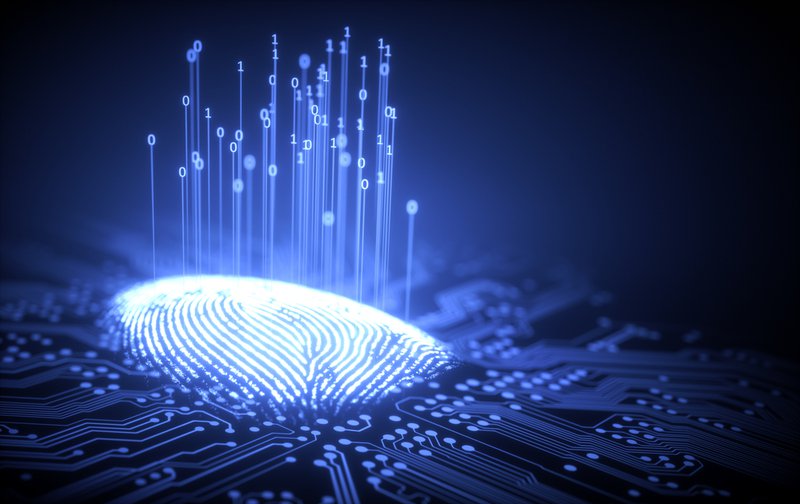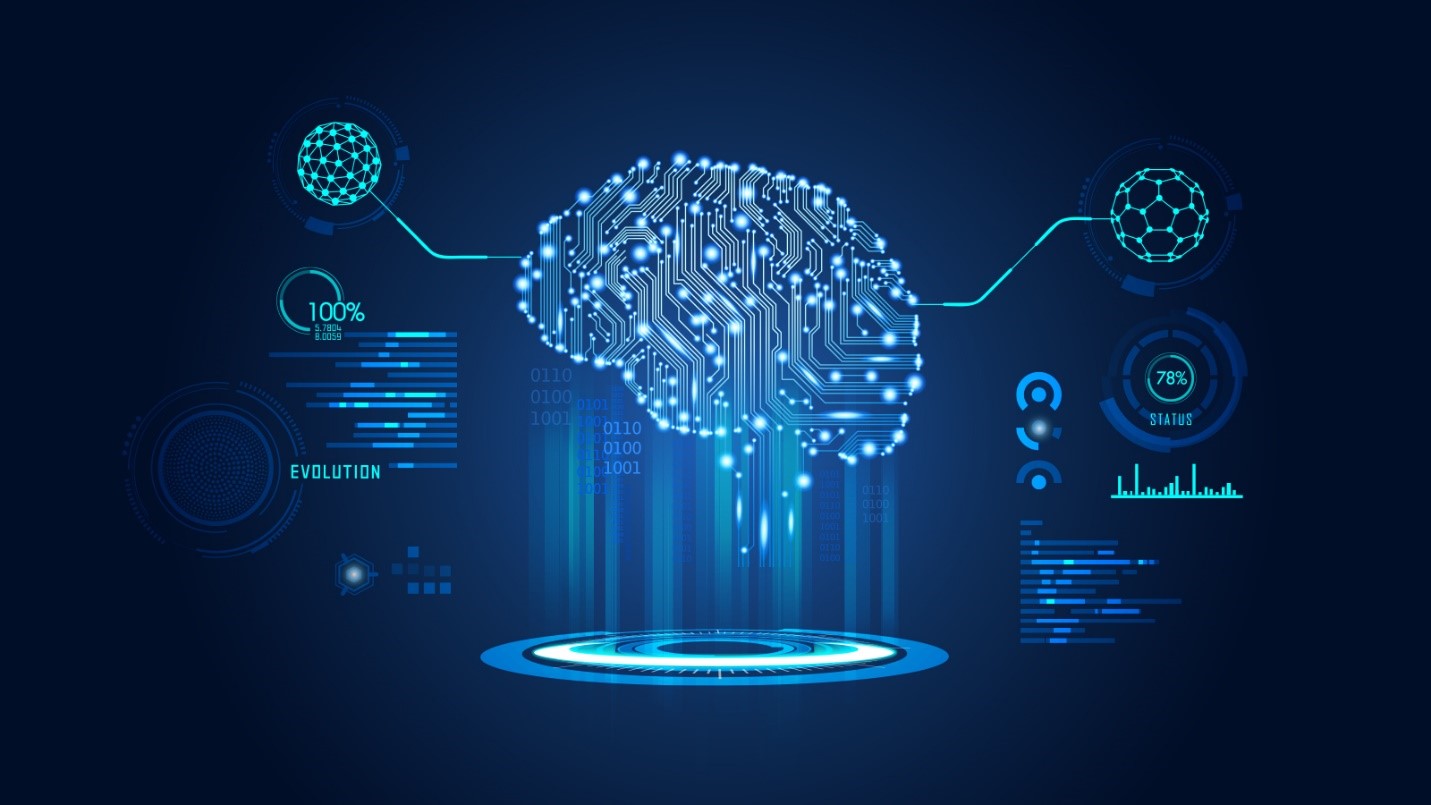ZKML is a research and development topic that has been making waves in cryptography circles lately. But what exactly is it and why is it useful? Let’s learn more about this topic with Coincu in this article.
What is Zero Knowledge?
A zero-knowledge (ZK) proof is a cryptographic process by which one party, the prover, can prove to the other, the verifier, that a particular statement is true without revealing any additional information beyond the fact that the statement is true . It is a field that has undergone significant development on several fronts, from research to protocol implementations and applications.
The process by which one party (the prover) can prove to another party (the verifier) that they know a value of x without giving any information about them knowing the value of x is at the heart.
The primary purpose of Zero-knowledge Proof technology is to maintain the secrecy of entered information while verifying its validity.
Creating zero-knowledge proofs is a computationally expensive process that is many times more expensive than the initial computation. This implies that there are certain computations for which zero-knowledge proofs are impossible due to the time required to build them on the best available hardware. Yet recent improvements in cryptography, technology, and distributed systems have made zero-knowledge proofs feasible for increasingly expensive computations. These advances have enabled the development of protocols that can utilize proofs of heavy computation, expanding the design space for new applications.
Advantages of ZK
The main advantage of Zero-Knowledge Proof (e.g. Ethereum) is the ability to use privacy-preserving datasets in transparent systems such as public blockchain networks. While blockchains are intended to be highly transparent, with anyone using their own blockchain node able to view and download all of the data stored in the ledger, the addition of ZKP technology allows users and businesses to protect their private datasets. use in the execution of smart contracts without exposing the underlying data.
Maintaining privacy in blockchain networks is critical for conventional organizations such as supply chain companies, enterprises and banks that want to communicate and create smart contracts but need to maintain their trade secrets to stay competitive. In addition, such organizations are often required by law to protect their customers’ Personally Identifiable Information (PII) and comply with regulations such as the European Union’s General Data Protection Regulation (GDPR) and the U.S. Health Insurance Portability and Accountability Act (HIPAA). .
While permissioned blockchain networks have evolved to protect enterprise transaction privacy from public observation, ZKP allows organizations to securely interact with networks. Without giving up the management of sensitive and private data sets, public blockchain typically benefits from the massive network impact of users around the world. As a result, ZKP technology effectively enables a wide range of institutional use cases for previously unavailable public blockchain networks, fosters innovation and promotes global economic growth.

Machine learning
Machine learning is an artificial intelligence discipline that involves the creation and deployment of algorithms that allow computers to learn and adapt to data on their own, improving their performance through an iterative process that does not require programming. It identifies data using algorithms and models and then uses model parameters to generate predictions/decisions.
Large language models, such as GPT-4 and Bard, are advanced natural language processing systems that use massive amounts of training data to produce human-like text, while text-to-image models, such as DALL-E 2, Midjourney , and Stable Diffusion, convert textual descriptions with remarkable fidelity in visual representations.
Machine learning is now being used effectively in various industries. As these models evolve, machine learning will be required to perform an increasing number of tasks. ZK technology is needed to arrive at a very accurate model: by using public model verification of private data or by validating private models using public data.
So far, the ZKML we’ve discussed has been used to provide zero-knowledge proofs of ML model deduction stages instead of ML model training.
The importance of ZKML
As artificial intelligence technology advances, it becomes more and more difficult to differentiate between artificial intelligence, human intelligence, and human generation. This is a problem that zero-knowledge proofs can solve. It allows us to detect if a particular piece of content was created by applying a specific model without providing any additional information about the model or input.
In a future where AI-generated content increasingly mimics human-created information, the potential use of zero-knowledge cryptography could help us determine that a particular piece of content was produced by applying a specific model to a particular input. If a zero-knowledge circuit representation is built for them, it could provide a technique for checking output from huge language models like GPT4, text-to-image models like DALL-E 2, or others. The zero-knowledge quality of these proofs allows us to hide parts of the input or model if necessary. An excellent example of this is using a machine learning model on sensitive data and allowing the user to know the outcome of model inference on their data without disclosing their input to third parties.
Older machine learning platforms often ask developers to submit their model architectures to the host for performance verification. This can lead to a number of problems, including:
ZK offers a possible way to address the issues that standard ML systems face. By leveraging the power of ZK, ZKML delivers a privacy protection solution with the following benefits:
- Model Privacy: Developers can participate in validation without revealing the entire model architecture, while preserving their intellectual property.
- Transparent Verification: ZK can evaluate the performance of the model without disclosing the internal aspects of the model, enabling a transparent and reliable assessment process.
- Data Privacy: To ensure that sensitive information is not disclosed, ZK can be used to validate private data using public models or private models using public data.
- Including ZK in the ML process creates a secure and privacy-preserving platform that addresses the shortcomings of conventional ML. This not only encourages the use of machine learning in the privacy business, but also attracts experienced Web2 developers to explore the potential within the Web3 ecosystem.
Zkonduit’s ezkl library, which allows you to create ZK proofs from ML models exported via ONNX, is another endeavor to advance the state of the art of ZKML systems. This allows any ML engineer to generate ZK proofs of their models’ inference steps and prove the result to any verifier.

Conclusion
The ZKML community was founded in the second half of 2022 by a number of different teams and people working in the ZKML area (including Worldcoin).
Many organizations strive to improve ZK technology by developing optimized hardware to accelerate ZK proof computation, especially for resource-intensive operations such as the prover and verifier algorithms. Due to advances in specialized hardware, the design of the proof system (proof size, verification time, proof generation time, etc.).
ZKML is still in its early stages of development, but it is beginning to deliver significant benefits and we can expect more inventive ZKML applications down the chain. We can envision a future where privacy-preserving machine learning becomes the standard as ZKML evolves.
DISCLAIMER: The information on this website is intended as general market commentary and does not constitute investment advice. We recommend that you do your own research before investing.

